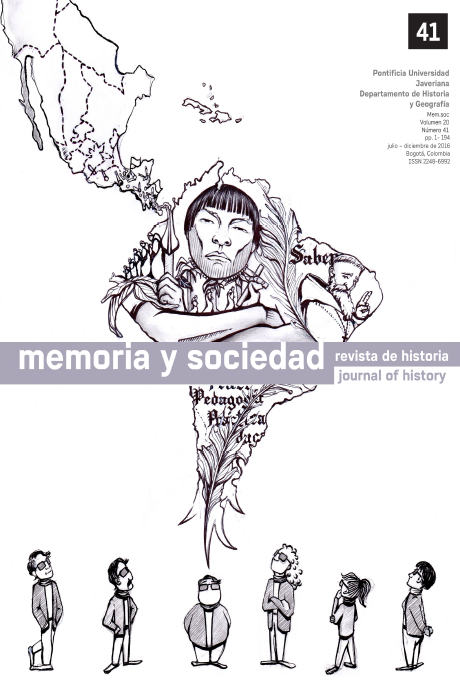Abstract
The Colombian Pedagogical Movement that emerged in the 1980s launched a struggle for the recovery of the Pedagogy as a source of identity for teachers as professionals. It also coined two concepts: pedagogical knowledge and teaching practice as both instruments and strategic objects in this struggle. After forty years of this process, teachers have appropriat- ed the former, while officials in the educational system have mainly made use of latter concept. To address this paradox, this article dialogues and debates two perspectives of the compre- hension of the very notion of pedagogical practice: one, inspired by Foucauldian Archae- ology of Knowledge and has been developed by Olga Zuluaga (Colombia), while the oth- er was inspired by Michel de Certeau’s cultural criticism and has been proposed by Anne-Ma- rie Chartier (France). An imagined dialogue between the author and Ms. Chartier serves as stage for presenting the convergent and diver- gent elements of these two perspectives.
The journal Memoria y Sociedad is registered under a Creative Commons Attribution 4.0 International Public License. Thus, this work may be reproduced, distributed, and publicly shared in digital format, as long as the names of the authors and Pontificia Universidad Javeriana are acknowledged. Others are allowed to quote, adapt, transform, auto-archive, republish, and create based on this material, for any purpose (even commercial ones), provided the authorship is duly acknowledged, a link to the original work is provided, and it is specified if changes have been made. Pontificia Universidad Javeriana does not hold the rights of published works and the authors are solely responsible for the contents of their works; they keep the moral, intellectual, privacy, and publicity rights.
Approving the intervention of the work (review, copy-editing, translation, layout) and the following outreach, are granted through an use license and not through an assignment of rights. This means the journal and Pontificia Universidad Javeriana cannot be held responsible for any ethical malpractice by the authors. As a consequence of the protection granted by the use license, the journal is not required to publish recantations or modify information already published, unless the errata stems from the editorial management process. Publishing contents in this journal does not generate royalties for contributors.

